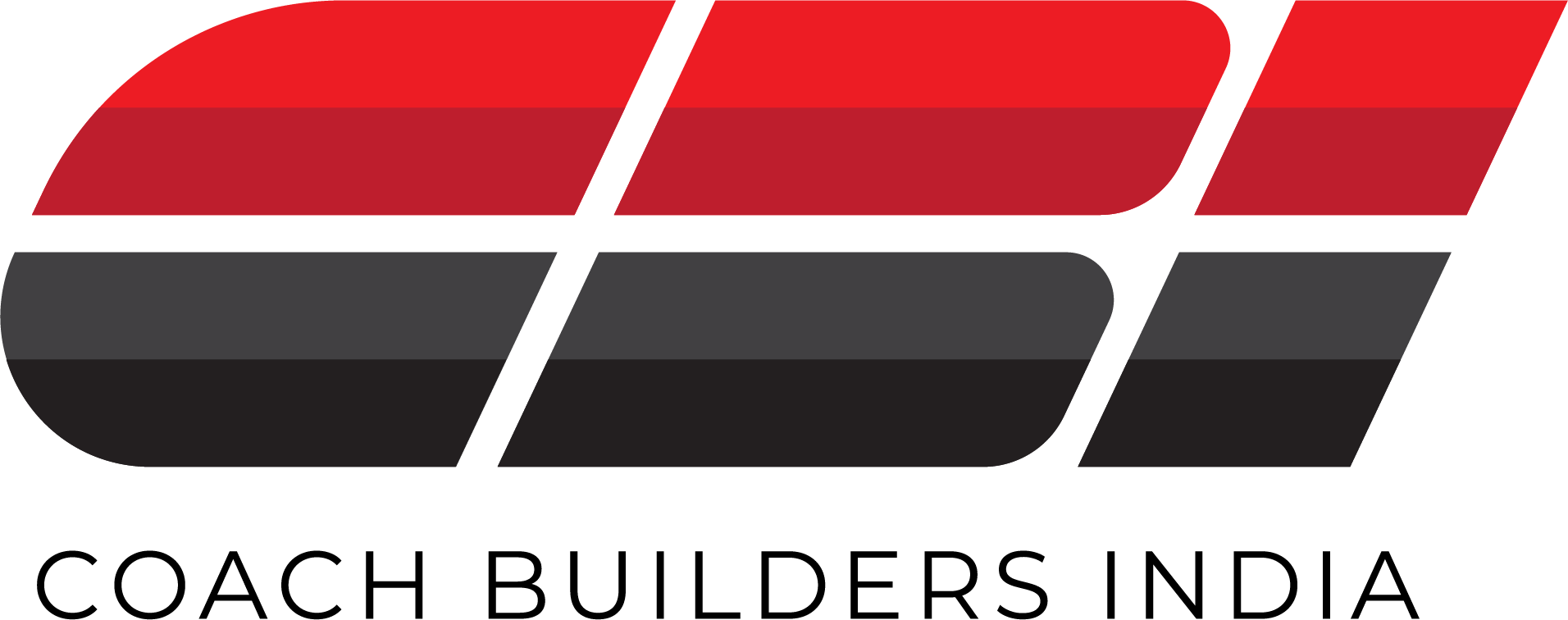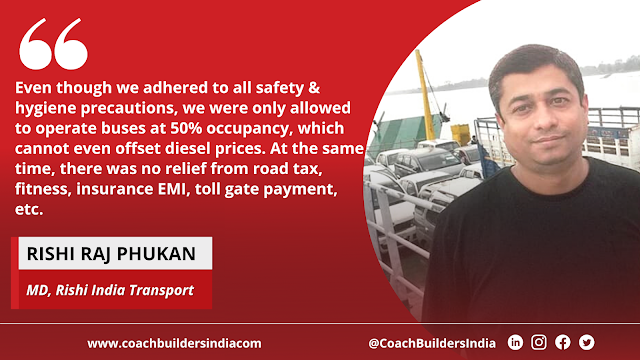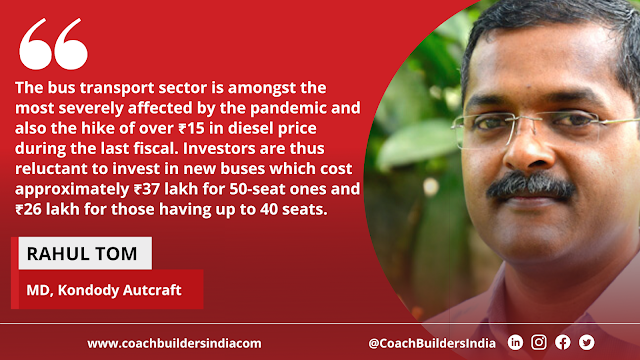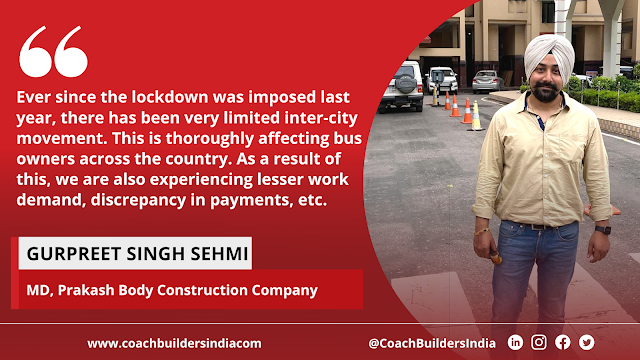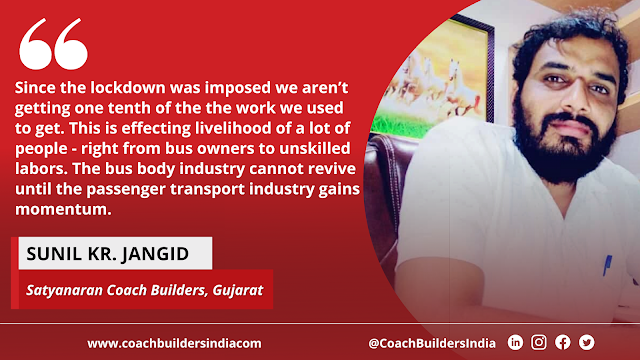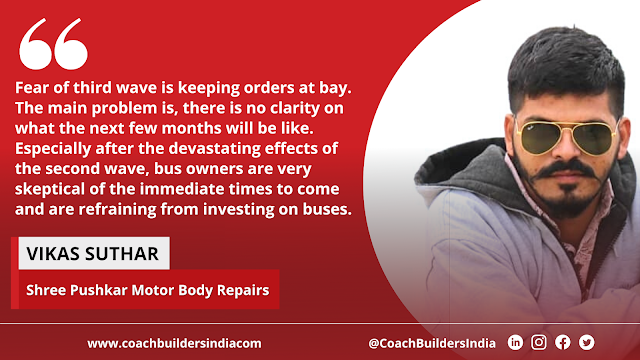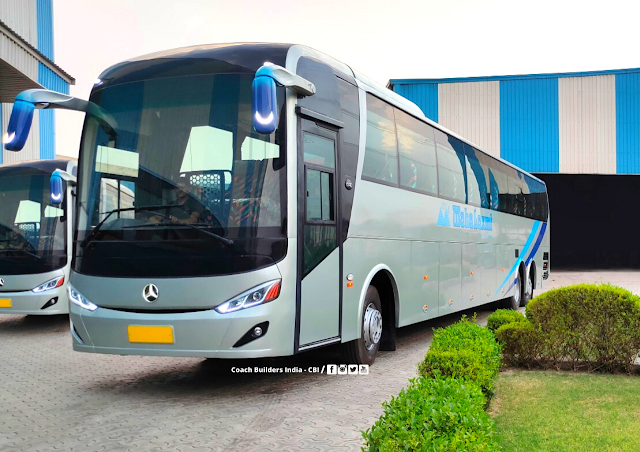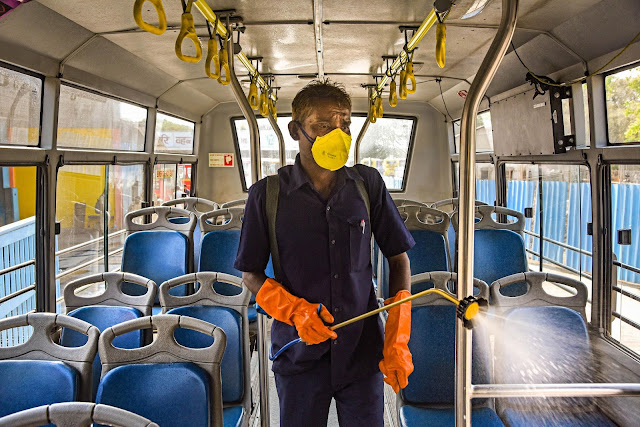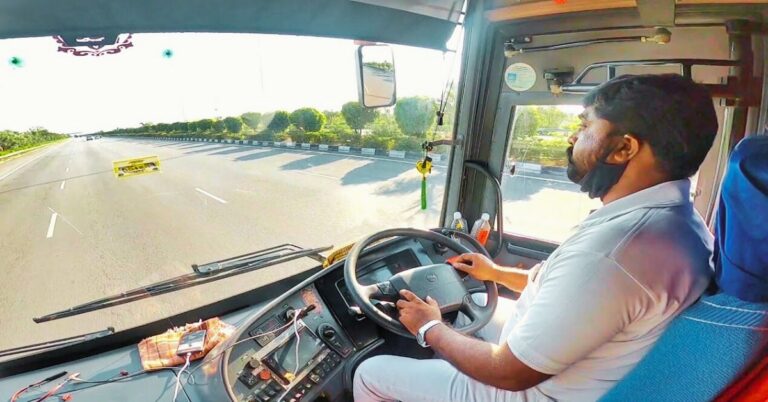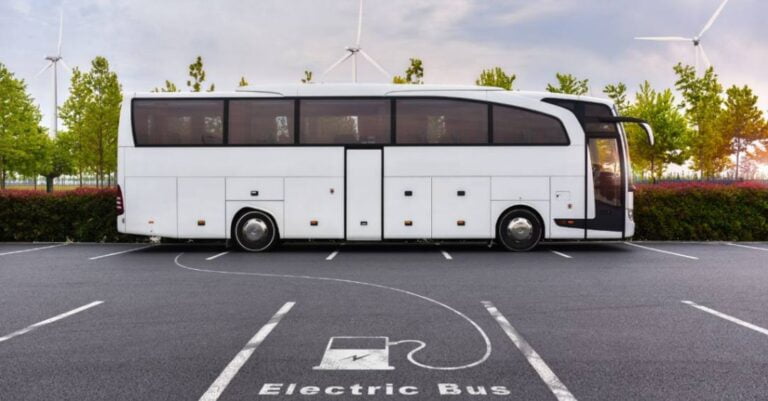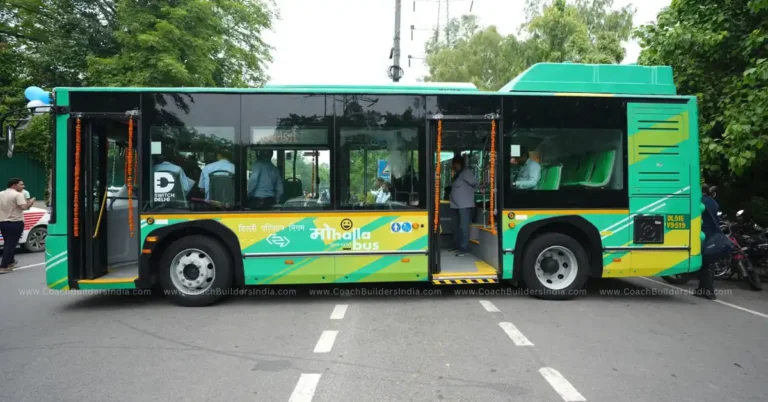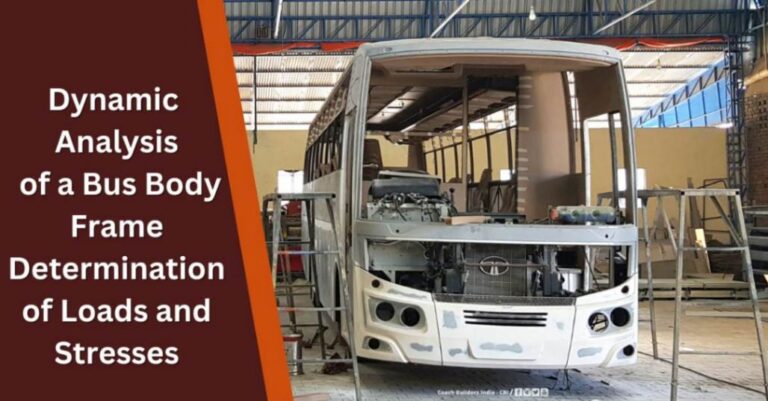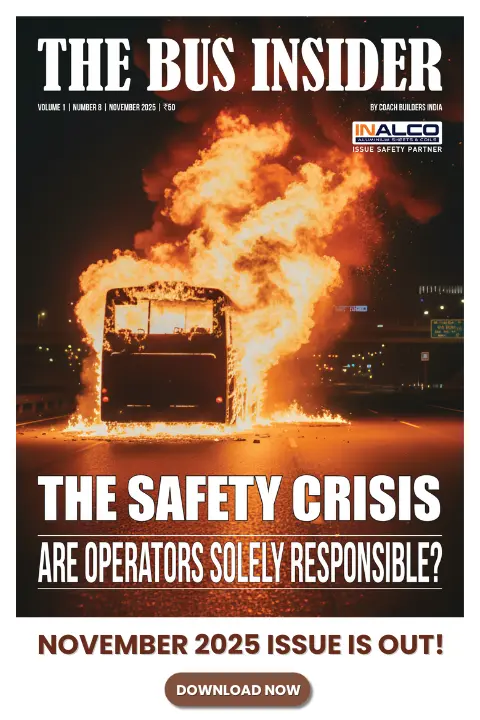Lockdown, Steep Fuel Prices, Lack of Govt. Support Brings Indian Bus Body Industry to Standstill
transport sector in India bore the most brutal brunt of all. Since the
lockdown was announced, there has been an unparalleled reduction in travel and
commercial activities, and even after restrictions were relaxed, the fear of
contagion kept passengers away from taking public transport.
Adding
insult to injury, the consistent hike in price of diesel since the last fiscal
has broken down the spine of the industry. At the same time, no relief
packages from the government was witnessed in any form.
“Ever since the lockdown was announced in March 2020, our vehicles have
been on the road sparingly. Even though we adhered to all safety &
hygiene precautions, we were only allowed to operate buses at 50%
occupancy, which cannot even offset diesel prices. At the same time, there
was no relief from road tax, fitness, insurance EMI, toll gate payment,
etc.,” says Rishi Raj Phukan, Managing Director, Rishi India Transport,
Assam.
With low occupancy rates, high diesel prices and an
uncertain future, fleet owners and transporters are reluctant to invest
anymore.
These problems are trickling down to the bus building
industry
The bus body building and passenger transport industries
are interlinked. So, the slump in sales of bus chassis is translating into a
disastrous present for the bus body building industry in India.
According to
Rahul Tom, Managing Director, Kondody Autocraft, Kottayam, Kerala,
orders for bus bodies have dropped drastically in the 2020-21 fiscal. While
the annual production in 500 & 400 buses in FY18-19 & FY19-20
respectively, the firm received only 15 orders in FY20-21.
“The bus transport sector is amongst the most severely affected by the
pandemic and also the hike of over ₹15 in diesel price during the last
fiscal. Investors are thus reluctant to invest in new buses which cost
approximately ₹37 lakh for 50-seat ones and ₹26 lakh for those having up
to 40 seats,” he states.
Bus body builders across the country have similar
stories to share.
bus body building industry in India, we reached out to some of the
eminent players of this domain.
According to them, the pain points of the bus industry in
India can be summarized into the following main factors:
Recurrent Lockdowns Impacting the Indian Bus Industry the Most
Since early 2020, India has been witnessing lockdowns on and off in
various states. It makes it extremely difficult to run buses because
inter-city mobility has been reduced to virtually zero. This has greatly
impacted bus owners across the country.
“Ever since the lockdown was imposed last year, there has been very
limited inter-city movement. This is thoroughly affecting bus owners
across the country. As a result of this, we are also experiencing lesser
work demand, discrepancy in payments, etc,” Gurpreet Singh Sehmi,
Prakash Body Construction Company, Assam.
As bus owners’ income dwindle, bus body builders are compelled to deal
with fewer work orders, discrepancies in payments, and many other severe
problems.
Rising Diesel Prices A Death Knell for the Indian Private Bus
Industry
Already the private bus sector is suffering heavily from recurrent
lockdowns, and now consistent rise in diesel price despite slower demand
has put the sector at a path of peril. The record-high diesel price has
impacted the livelihoods of millions of people dependent on the bus
sector.
“Over the last year, demand for bus body work has dropped drastically.
Normally, we build around 150 buses in a year, but since the lockdown
was imposed we aren’t getting one tenth of this number. This is
effecting livelihood of a lot of people – right from bus owners to
unskilled labors. The bus body industry cannot revive until the
passenger transport industry gains momentum,” states
Sunil Kr. Jangid, Satyanaran Coach Builders, Gujarat.
For the uninitiated, about 3 crore individuals earn their living from the
bus industry in India and about 90% of them are from the private
sector.
Across the country many transport owners, wage earners
and unskilled laborers have already lost their earnings
completely.
A Sharp Dip in Commercial Vehicle Loans
Banks and even non-bank lenders are hesitant to give loans to
commercial vehicles because of the continued slowdown in auto sales and
the uncertain future.
fell to below 5% in April 2020 in comparison to 2019 when the
growth was nearly double this. Among the automobile sector, commercial
vehicles bear the maximum pressure.
Commercial vehicle loans
given out NBFCs have witnessed the sharpest fall of 38%.
The
government’s new axle load norms increased the freight capacity of the
existing commercial vehicles by 20 per cent. It simply means there is less
purchase of these vehicles because the demand fell drastically. So, banks
and NBFC see marginal loan growth in these segments.
Fear of the Third Wave Keeps the Industry on its Toes
The pandemic is so unpredictable and the vaccination drive is so
slow that people can’t get any clarity on what would happen in the next
few months.
After the distressing effects of the COVID-19
second wave, private bus owners in India are very skeptical of
investing in buses. On the contrary, many bus owners have already sold
their vehicles and started less lucrative businesses.
instrumental in creating a volatile market.
“Fear of third wave is keeping orders at bay. The main problem is,
there is no clarity on what the next few months will be like. Especially
after the devastating effects of the second wave, bus owners are very
skeptical of the immediate times to come and are refraining from
investing on buses,” reveals
Vikas Suthar, Shree Pushkar Motor Body Repairs, Rajasthan.
How the Government Can Aid the Private Bus Industry in India
Like many other countries such as Germany, Hong Kong, China, Kazakhstan,
etc., the ruling Indian government can, for one, provide bailout packages
to revive the country’s public transport system.
support in terms of tax rebates.
There are demands of central
government intervention from the industry to support employees and bus
owners and reschedule debts – both principal and interest and waive taxes
for up to three months to minimize costs.
The Road Ahead for the Private Bus Industry in India
Bus operators across the country have already been exercising
prescribed COVID-19 protocols of social distancing, sanitization, and
allied hygiene standards. While social distancing protocols have cut the
revenue by a large percentage, sanitizing buses regularly, procuring
protective equipment for bus employees has resulted in increased
operational costs.
However, passenger sentiments continue to be
low owing to the fear of contagion.
As a whole, the bus
industry in India is grappling to stay afloat. The entire industry has
been demanding the government to intervene and explore possible avenues
for tax reform and relief packages since the last year to no avail.
Catch the latest Bus Industry updates, Exclusive Interviews, Bus News, and International Bus News on Coach Builders India. Download the latest issue of the The Bus Insider magazine for more insights.
